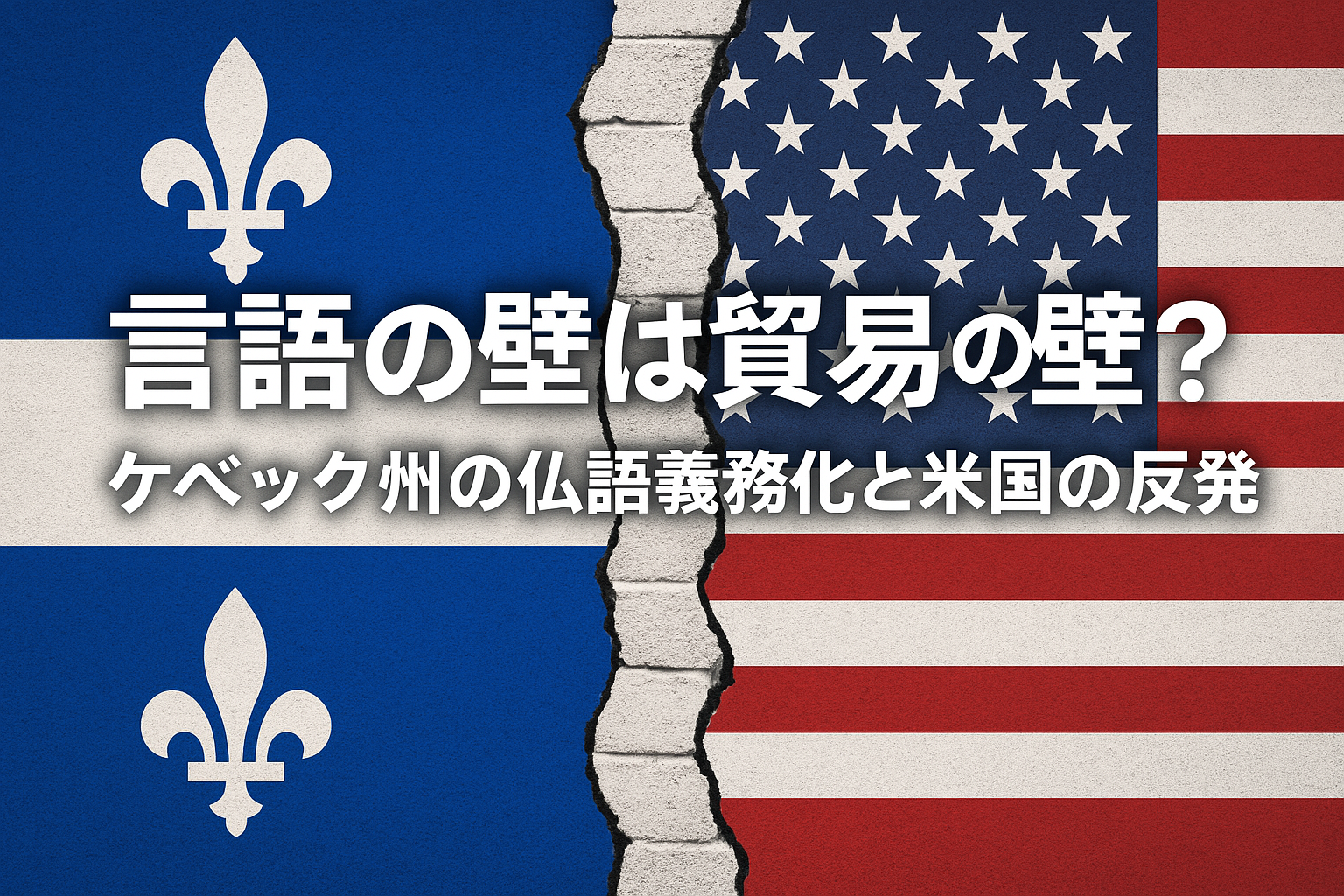Are language policies becoming a new frontier in international trade?
In cross-border business, language differences can be both an opportunity and an obstacle. The latest source of tension is Quebec’s push to mandate the use of French in business through its controversial legislation—Bill 96—which has drawn sharp criticism from the United States.
The law, passed in 2022, is set to enforce new rules starting in June 2025. It requires businesses to use French in customer service and documentation, and even mandates French labeling for trademarks. While framed as a measure to protect Quebec’s unique cultural identity, the U.S. Trade Representative (USTR) has raised concerns, labeling the policy a potential trade barrier.
Cultural Preservation vs. Trade Liberalization
Quebec has long been committed to preserving its linguistic and cultural heritage—a stance that has garnered some level of domestic and international support. However, mandating language use in the private sector imposes new burdens on foreign companies. The requirement to translate trademarks and product labels into French, for instance, could lead to significant cost increases for U.S. businesses.
In response, the U.S. has expressed strong opposition, viewing the policy as a non-tariff barrier. Under the Trump administration, discussions have emerged around reciprocal tariffs, and domestic laws like Bill 96 could be included in future trade retaliation measures. The idea that a language policy could trigger tariff-based retaliation adds layers of complexity to an already delicate issue.
Bridging the Language Divide
As globalization continues, balancing respect for cultural and linguistic diversity with the need for smooth trade relations is becoming increasingly important. Quebec’s policy may strengthen cultural identity, but it also raises serious questions about how to align such measures with the practical realities of international business.
Canadian Prime Minister Carney has stated unequivocally that “culture is not a bargaining chip.” However, if the U.S. proceeds with trade sanctions, Quebec’s cultural protection efforts could inadvertently escalate into a broader economic conflict.
Conclusion: Cultural and Linguistic Protection Must Be Paired with International Coordination
Language is both a symbol of identity and a practical tool for business. While Quebec’s desire to safeguard its culture is worthy of respect, the methods used must not clash with international norms. Where such conflicts arise, dialogue and coordination are essential.
Ultimately, how this issue evolves may go beyond trade disputes. It could serve as a significant test case for how we coexist in a multilingual world.

